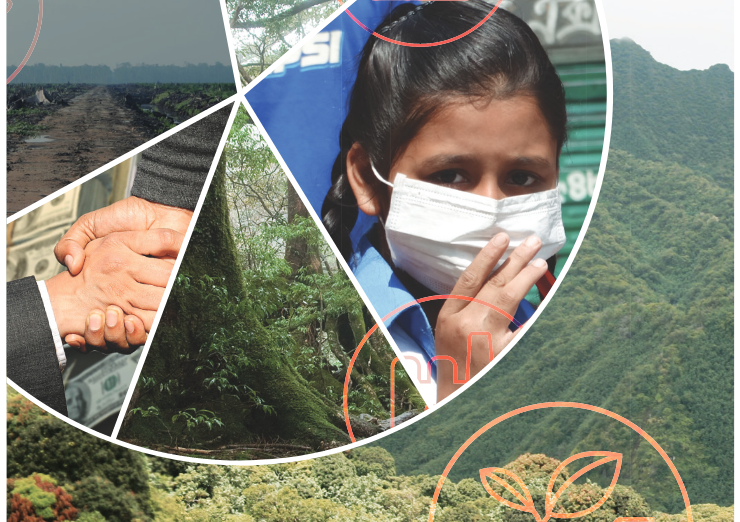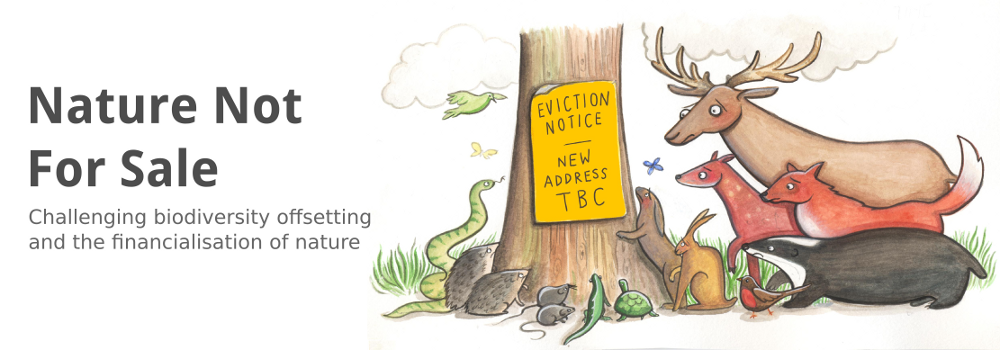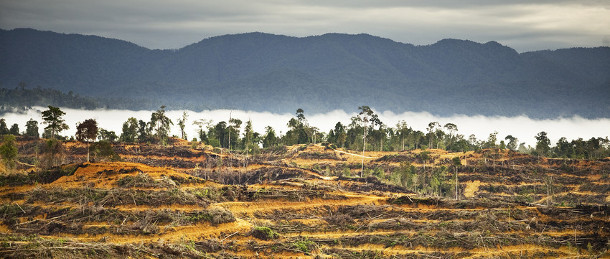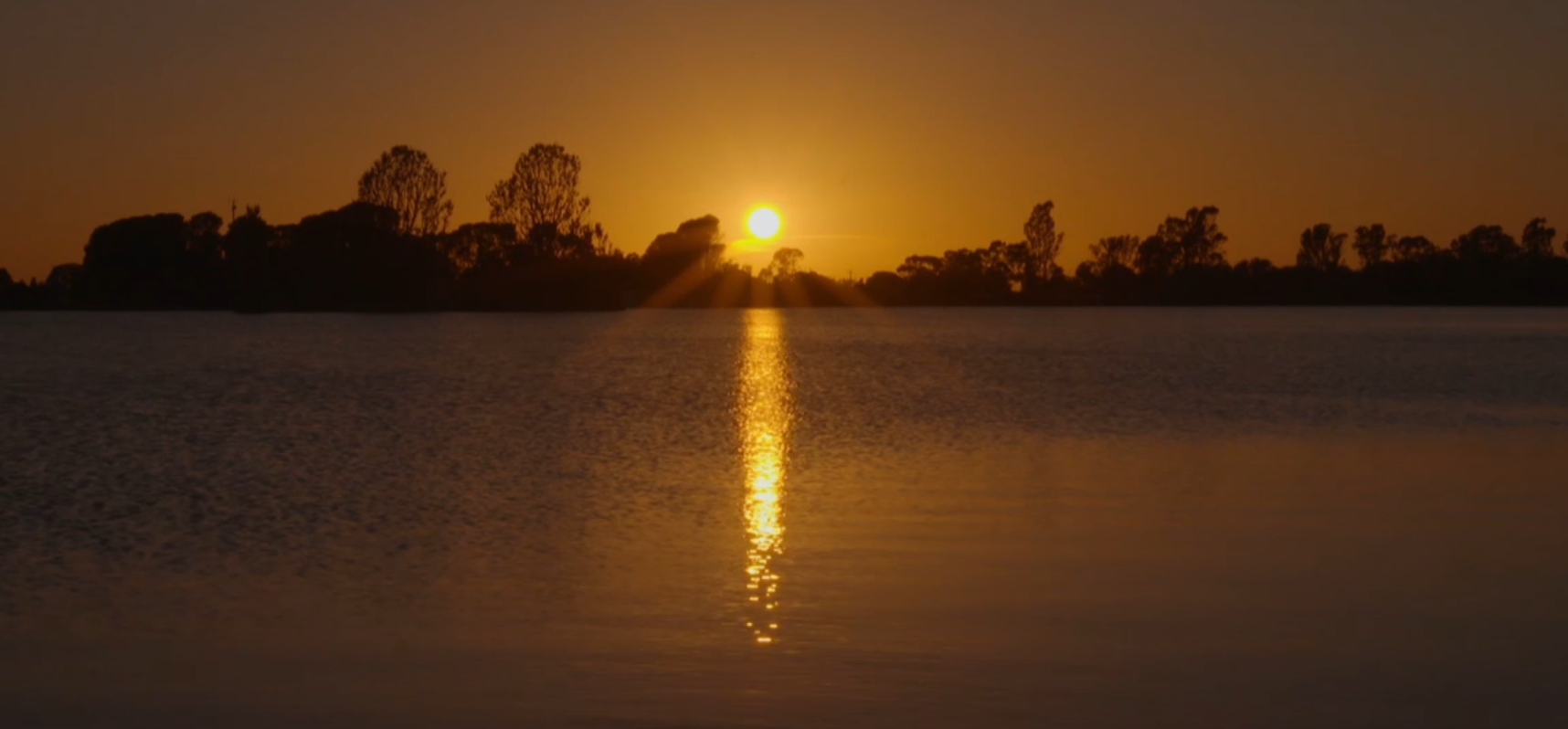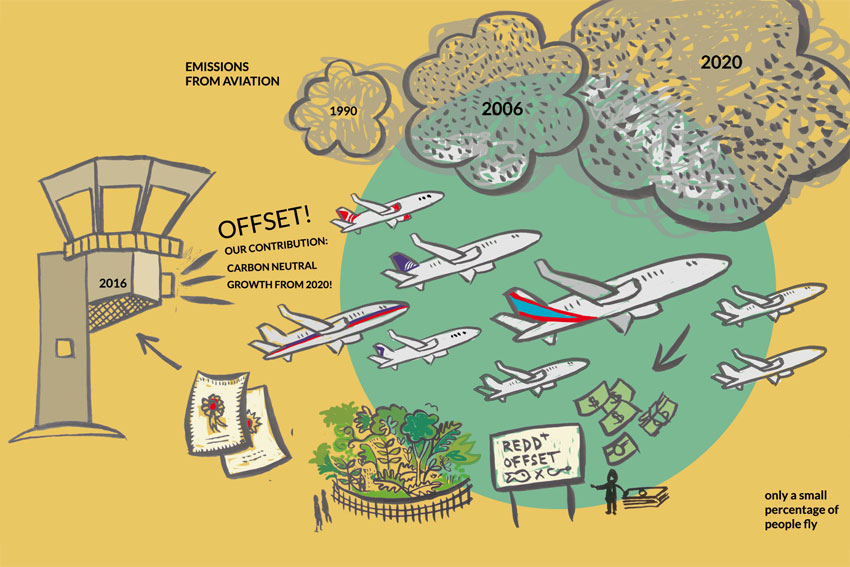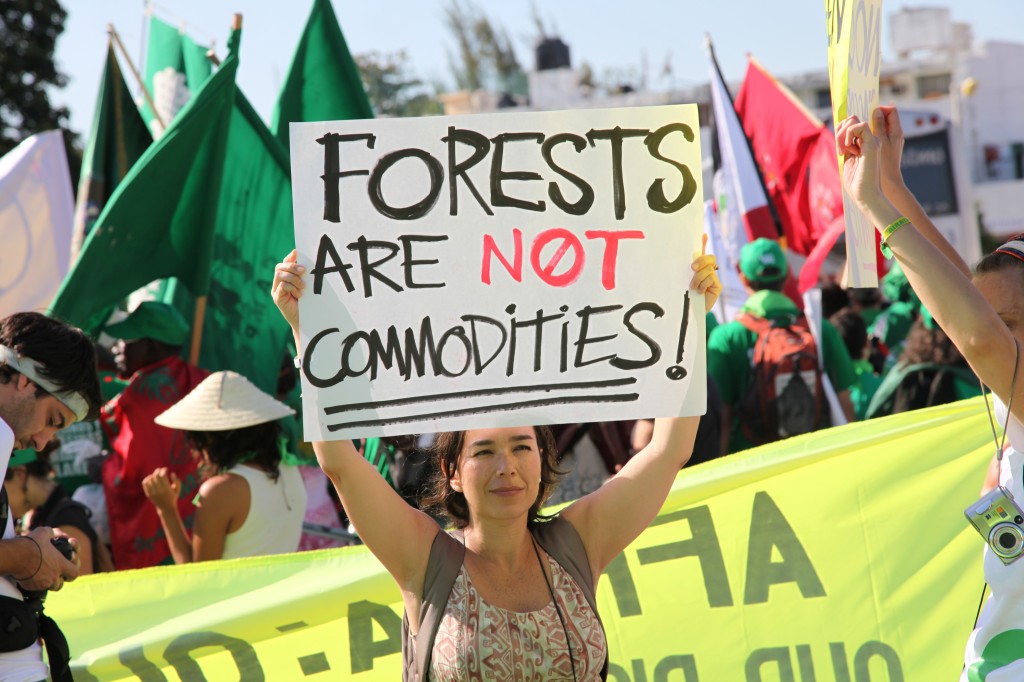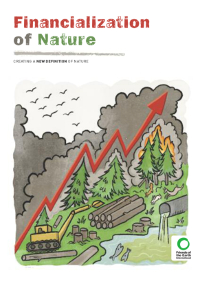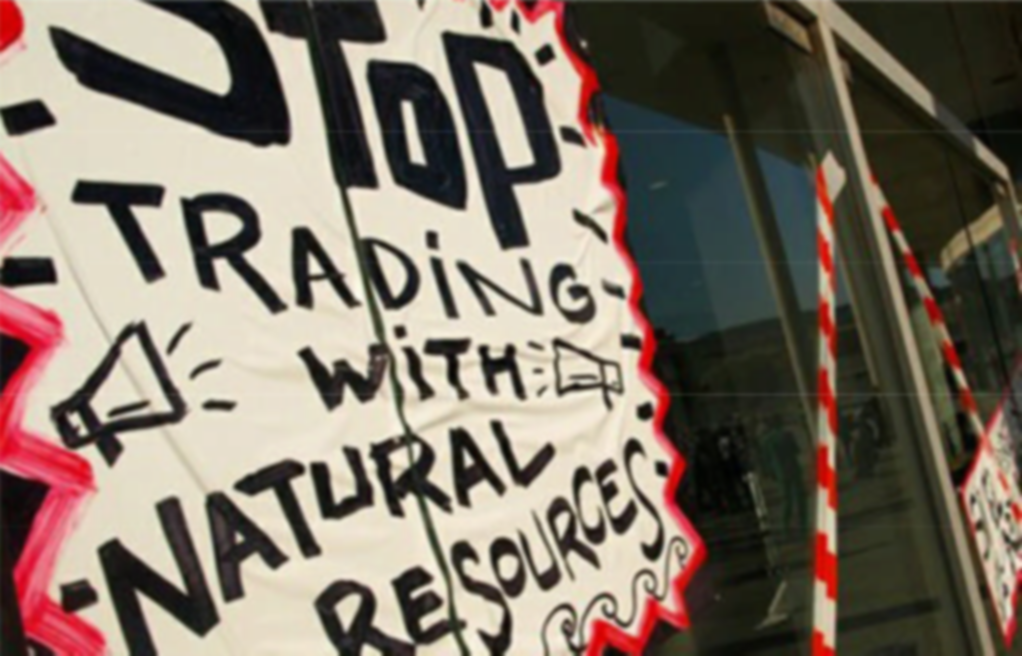By Xavier Sol, originally published on Counter Balance
Last year the European Commission was forced to ditch its plans to develop legislation on biodiversity offsetting after EU citizens overwhelmingly rejected such plans in a public consultation. Nevertheless this set back doesn’t seem to withhold the European Commission from pushing biodiversity offsetting forward in practice. Together with the European Investment Bank (EIB) it is running the Natural Capital Financing Facility (NCFF), which aims to invest up to €125 million in natural capital projects.
The push for biodiversity offsetting is not only at odds with the EU’s democratic policy process, the benefits for the environment remain questionable. Because of its focus on financial return critics fear the NCFF may rather drive the financialisation of nature than the protection of nature.
The NCFF will operate a total budget of €100-125 million with an additional €10 million for technical assistance. The aim is to leverage private investments for 10-12 pilot schemes from 2015 to 2017.
According to the European Commission the NCFF has to „demonstrate that natural capital projects can generate revenues or save costs, whilst delivering on biodiversity and climate adaptation objectives. The NCFF is to establish a pipeline of replicable, bankable operations that will serve as a “proof of concept” and that will demonstrate to potential investors the attractiveness of such operations“.
The European Commission’s conviction that financial gain and biodiversity gain can be easily combined is not shared by everyone. During the consultation round on biodiversity offsetting https://tadalafilhome.com/basic-facts-about-cialis/ last year, over 9000 people and 65 organisations have signed a letter urging the Commission not to pursue policy related to biodiversity offsetting. They fear it would “harm nature and people, and give power to those who destroy nature for private profit.”
Indeed, the NCFF’s budget consists of €50 million from the Commission’s Life programme, money that used to come in grants for environmental projects. Increasingly, proponents of financial instruments argue that flexible financing is necessary in order to secure ample funding to address the climate and environmental crises. However, it also means a shift in management from environmentally focused institutions to institutions with a financial focus driven by profit. As a result success becomes measured by profitability rather than the ability to protect nature.
Another problem is the lack of transparency. Part of the NCFF funding will be channelled through intermediary funds managed by third parties. Using financial intermediaries makes it impossible to fully measure the project’s impact. The EIB’s responsibility to track all the investments is outsourced to the intermediary who often lacks the capacity, know-how and focus to lead on this process. This has an inevitable impact on the quality of the projects.
Among some environmental organisations doubts about the NCFF as an instrument are rising even before the first projects have been approved. Its focus on promoting the valuation of nature and developing markets for ecosystem services and biodiversity offsetting makes it a symbol of the financialisation of nature.
